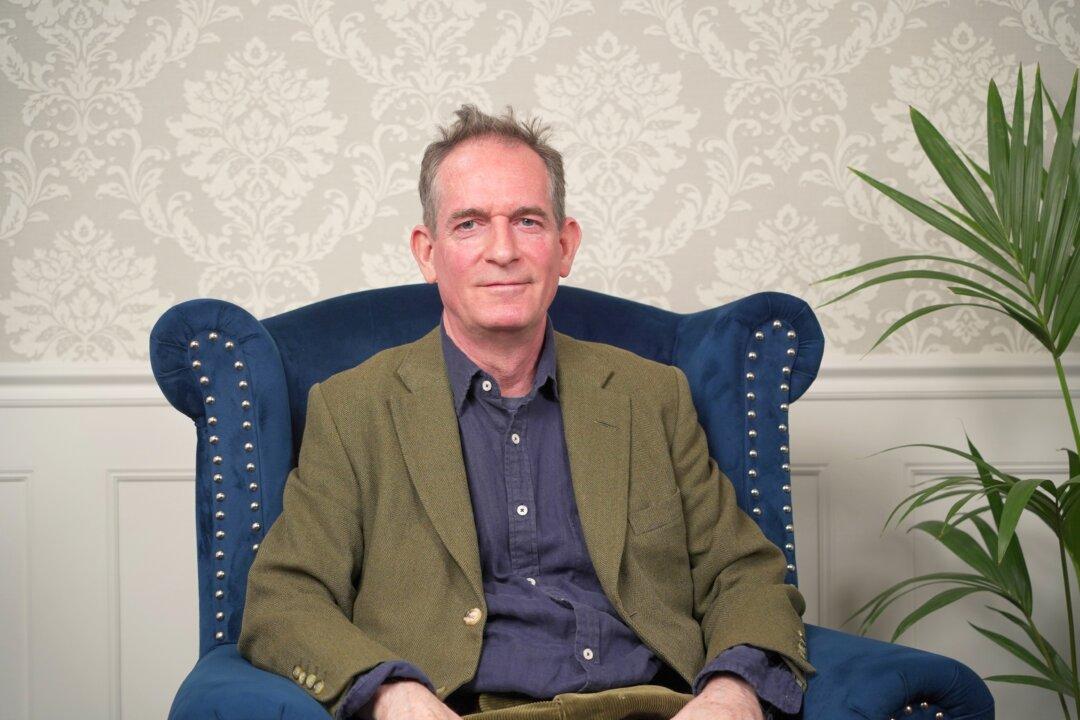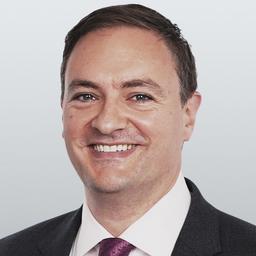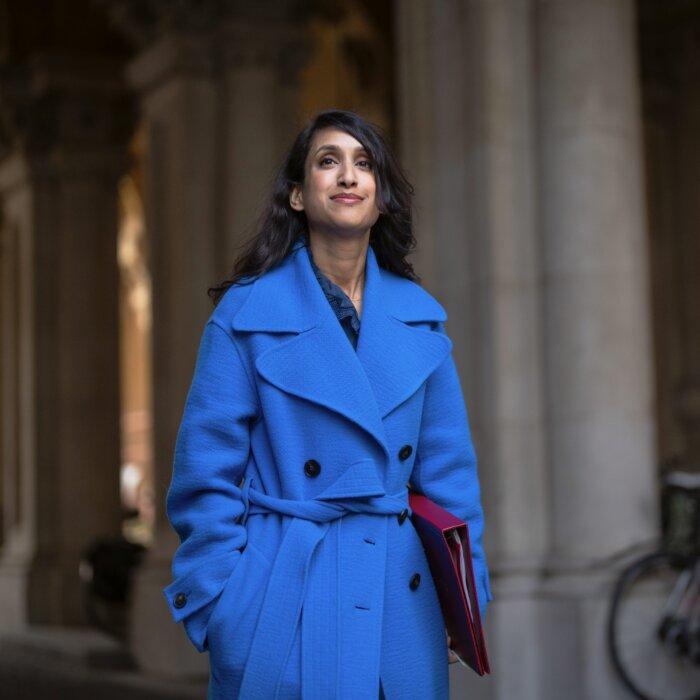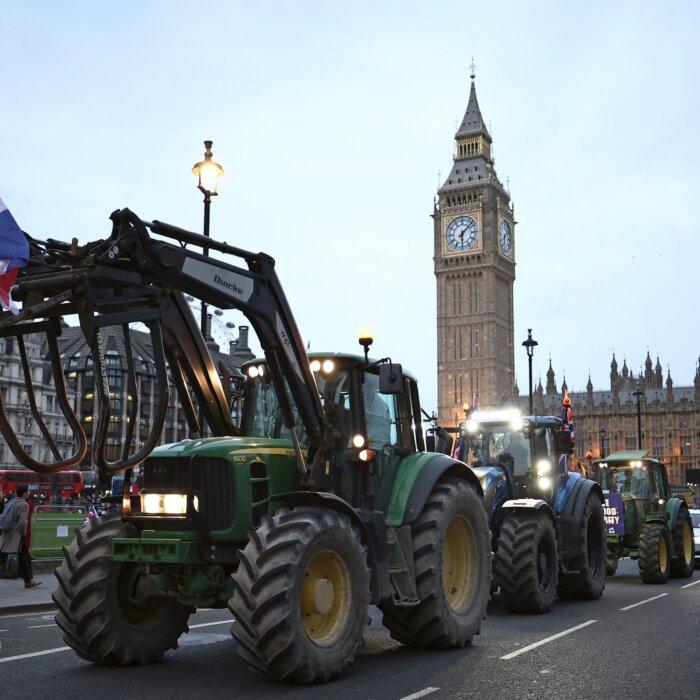There is no scientific basis for climate alarm, but people are “told the complete opposite,” says Martin Durkin, writer and director of “Climate: The Movie (The Cold Truth).”
Speaking to NTD’s “British Thought Leaders” programme, Mr. Durkin said the science “simply does not support the ridiculous hysteria around climate at all.”
However, the filmmaker said younger people in academia don’t tend to push back against the prevailing narrative because “your career’s ended pretty much in the sciences if you speak out against climate change and do so consistently.”
In his new movie, Mr. Durkin interviewed a number of leading physicists, including Nobel Prize winner John Clauser. The scientists argued against the thesis of human-and-CO2-driven global warming.
Summarising the arguments, Mr. Durkin said, “ ... there hasn’t been an increase in hurricanes; there hasn’t been an increase in wildfires.”
“... compared to the last 550 million years, this is an incredibly cold period. Compared to the last 550 million years, we have incredibly low levels of CO2 in the atmosphere, despite all the stuff going in from industry,” he said.
“There is no time in the past that you can see CO2 driving climate [change]. It’s one of many greenhouse gases, and greenhouse gases as a whole form a very small part of Earth’s complex climate system. The idea that this gas is driving the climate [is] total nonsense, absolute nonsense, and you can show that with mainstream studies, multiple mainstream studies,” he added.
Despite evidence against the manmade climate change theory, the filmmaker said he ended up interviewing almost exclusively older people who no longer had a career to worry about, and one of the younger scientists he interviewed, earth scientist Matthew Wielicki, had been effectively “shunted out.”
The filmmaker said two of his interviewees, astrophysicists,Willie Soon and Sallie Baliumas, were supposed to speak to him 17 years ago when he made “The Great Global Warming Swindle,” but the interviews were cancelled at the time.
“They were both astrophysicists at Harvard and the Smithsonian back in 2007. I remember arriving on a plane in Boston to interview them then, and being told on the morning of the interview by the press office at Harvard, that the interview would not go forward,” he said.
“They had effectively been told that if they went forward with the interview, they'd be fired, their funding would be ... and all that sort of thing,” he said, adding that it was “quite nice” being able to do it 17 years later.
Mr. Durkin has released his film on social media platforms for free, knowing that “no broadcaster would touch it with a bargepole.”
The filmmaker said “the mainstream media ... have bought into” the idea of a climate crisis either because “they’re sympathetic with the political cause of climate [change]” or because people “have been intimidated from criticising it.”
He questioned the “extraordinary degree of uniformity” in media coverage on climate change and criticised environmental journalists, saying they “do not subject any of this nonsense to critical scrutiny.”
“They’re not proper journalists. They’re part of the machine,” he said, adding, “Their job depends on the crisis.”
Defending the decision at the time, then BBC Director-General Tim Davie said he believed the pledge doesn’t infringe the public broadcaster’s impartiality because “the overwhelming consensus is that we as humanity are causing global warming,” and dismissed different opinions as “voices on the fringes.”
A year later, BAFTA albert, the TV and film industry organisation for environmental sustainability, which organised the pledge, said it had driven an increase in “sustainable content.”
Mr. Durkin also said environmentalism is “an expression of anti-capitalism” that depends on the expansion of state.
Referencing different reactions people typically have towards climate scepticism in different areas in England, Mr. Durkin said people don’t tend to know the scientific basis behind the theory they support, but “they know, politically, what side of what side they’re on.
“And that’s really what’s going on with the climate alarm,” he said.








